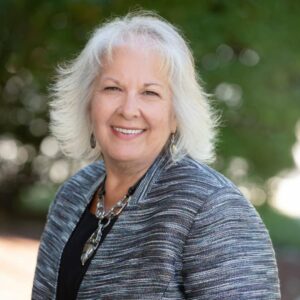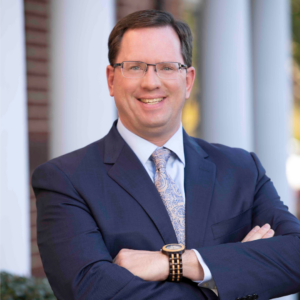Geriatric syndromes are not a part of normal aging
I met Milton Cruz, Esq., about four years ago at one of our Executive Education programs when I first became Dean of the Erickson School at UMBC. Milton is a very accomplished man who holds numerous graduate and professional degrees. He has enjoyed a very successful career in Puerto Rico, Florida and Georgia as an executive and entrepreneur in acute and long-term healthcare.
I first met him when I attended the welcome reception held for participants in the Executive Education program to meet our colleagues in the seniors’ housing and care world whose education was at the core of our mission. Milton provided me with wise counsel. He said: “I love your courses. I learn a lot and that’s why I never miss one. But why don’t you teach us about aging? Compared to all the topics we get—business, operations, marketing—we know relatively little about the people we care for, and about what the aging process is about.” I promised Milton we would do such a course.
For the past four years we have thought about how to teach executives in operations about aging. We wanted to avoid the “here are all the terrible things that happen to us as we age” approach for many reasons. One was that many of my colleagues and I at the School have a developmental view of aging that rejects the idea that the only reality of aging is ubiquitous decline, making the care of aging persons all about making decline less terrible.
As a developmentalist, I know that there are many opportunities for growth and maturation available to people who are aging despite the many challenges they face. I also believe that the world of services we call long-term care has the knowledge to do more than simply make decline less tragic. So our approach to teaching people like Milton about aging, based in the one we have used in our undergraduate and graduate curricula, grew to present a new take on aging and new opportunities for those in the business of services for aging persons.
My colleagues Drs. Peter Rabins, Bill Thomas and Jeremy Walston suggested that we address this subject by teaching about how normal aging differs from what the geriatricians call geriatric syndromes. These are health conditions found in older persons, which are not part of normal aging but are often viewed as if they were. They usually have more than one cause, affect many parts of the body, and result in significant functional decline and, therefore, greater need for care. Some well-known geriatric syndromes are delirium, depression, dementia, falls, incontinence, pressure ulcers and frailty. Persons with these clinical syndromes can experience improved function if their conditions are recognized and treated appropriately, and are not perceived to be “normal aging.”
Our upcoming symposium, “Myths of Human Aging,” is in response to Milton Cruz’s request. We think that this program serves the long-term care sector by creating a valuable perspective on the myths of “normal aging.” We will look at risk factors, best practice treatment modalities, the benefit of an interdisciplinary approach for better outcomes and improved business performance, and why maximizing independence and preventing geriatric syndromes should be a joint goal of management and clinician directorship. If you see Milton, thank him for his idea. If you have an idea for a symposium, please let me know.
I Advance Senior Care is the industry-leading source for practical, in-depth, business-building, and resident care information for owners, executives, administrators, and directors of nursing at assisted living communities, skilled nursing facilities, post-acute facilities, and continuing care retirement communities. The I Advance Senior Care editorial team and industry experts provide market analysis, strategic direction, policy commentary, clinical best-practices, business management, and technology breakthroughs.
I Advance Senior Care is part of the Institute for the Advancement of Senior Care and published by Plain-English Health Care.
Related Articles
Topics: Executive Leadership , Leadership











